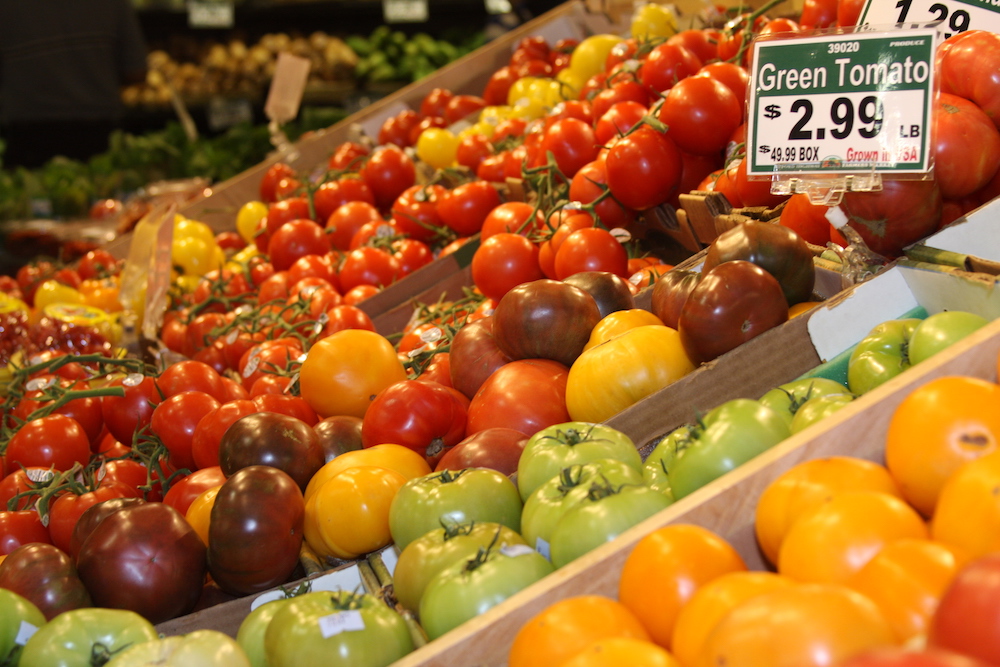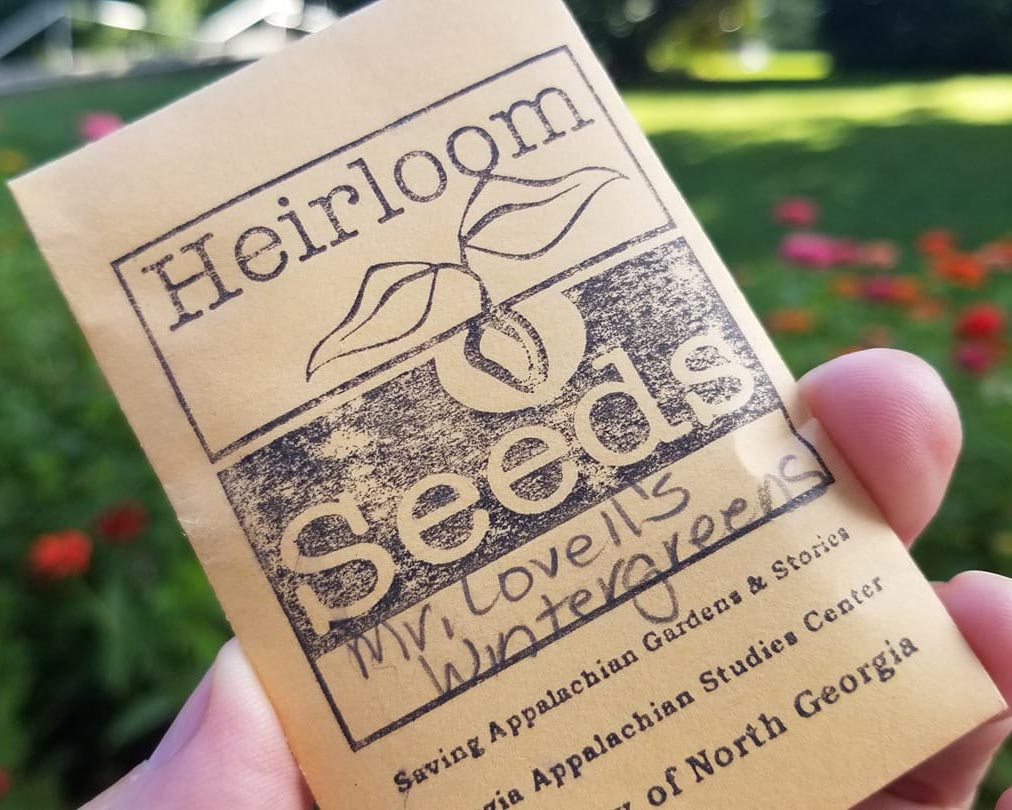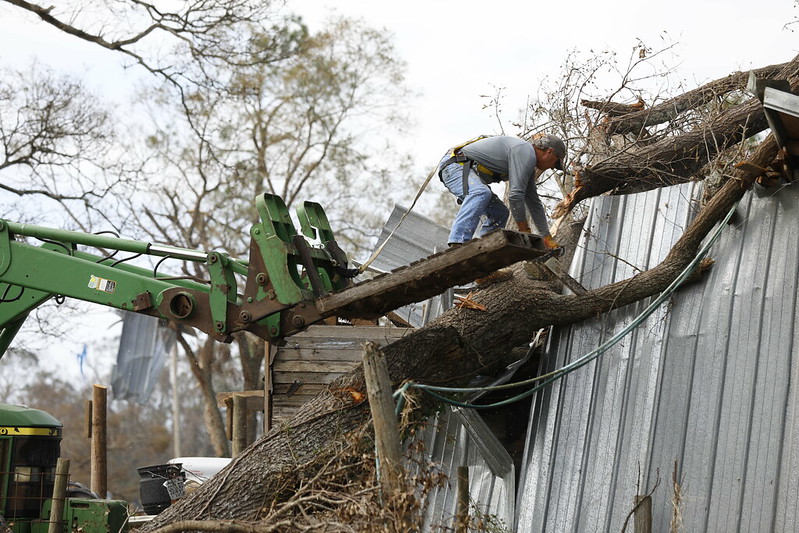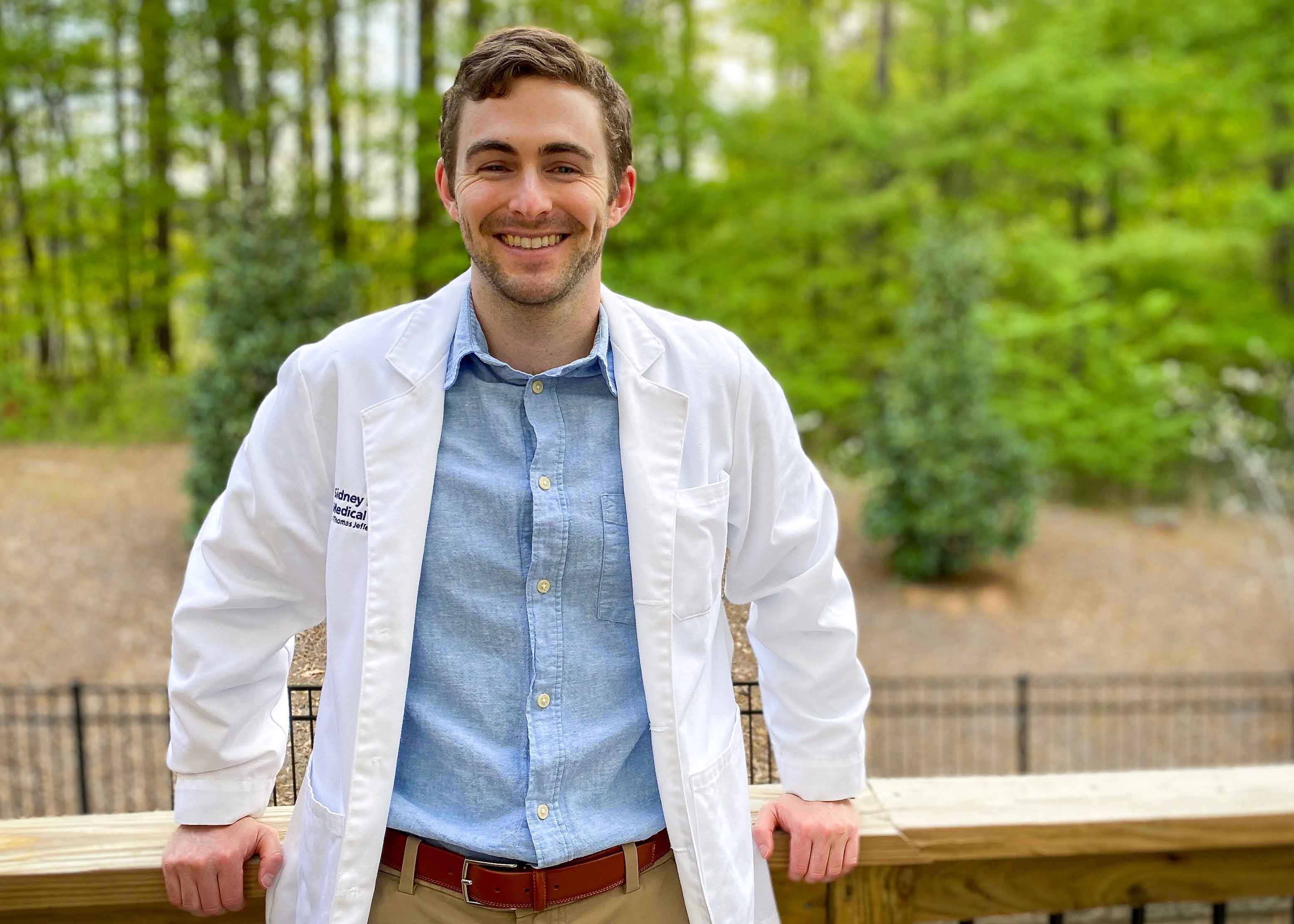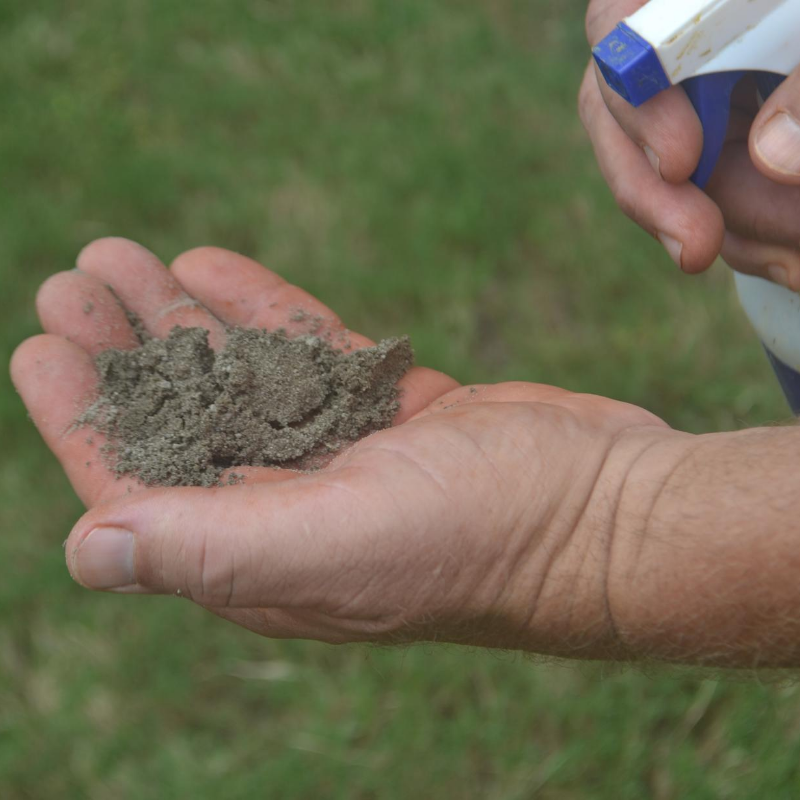 CAES News
CAES News
Nick T. Place named dean and director of UGA College of Agricultural and Environmental Sciences
Nick T. Place, an academic leader with a record of applying research-based expertise to the needs of agricultural producers and communities, has been named dean of the University of Georgia College of Agricultural and Environmental Sciences and director of UGA Cooperative Extension and Agricultural Experiment Stations.


